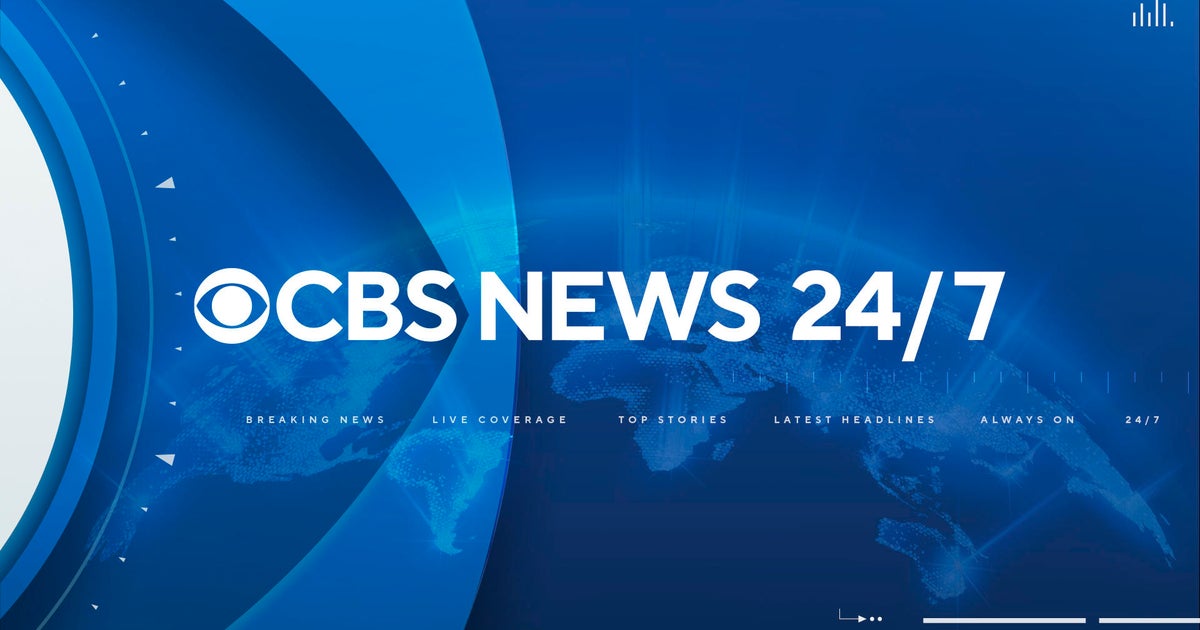Damaging News: Remain Upgraded with Today's Top Headlines
Damaging News: Remain Upgraded with Today's Top Headlines
Blog Article
Browsing the Information Landscape: Tips for Finding Credible Information
In an age where info is bountiful yet frequently unstable, browsing the news landscape with discernment is paramount. Establishing the integrity of resources is the initial step, as understanding the certifications of writers and the online reputation of their magazines can dramatically impact the quality of info consumed. Moreover, acknowledging biases and cross-checking facts are essential techniques for cultivating educated point of views. As we take into consideration these strategies, one must doubt exactly how to properly apply them in today's swiftly advancing media atmosphere-- an expedition that might reveal even more than expected regarding our engagement with information.
Assessing Source Reputation
Examining source trustworthiness is crucial for making certain the dependability of information in an age marked by info overload. As individuals browse numerous forms of media, from electronic write-ups to social networks, discerning trustworthy resources comes to be vital. Secret elements to think about when evaluating resource reputation consist of the authority of the writer, the publication's online reputation, and the proof offered to support insurance claims.
First, take a look at the author's qualifications and know-how in the topic. Writers with relevant scholastic or specialist histories are most likely to give dependable insights. Next off, consider the magazine's track record; established media electrical outlets typically stick to journalistic criteria and fact-checking protocols, making them much more credible.
Furthermore, evaluate the high quality and importance of the proof presented. Reputable resources often cite peer-reviewed studies, professional meetings, or main data, which reinforces their insurance claims.
Cross-Checking Info
Cross-checking info is an essential technique for confirming the accuracy of cases and staying clear of the challenges of false information. This process includes comparing details from numerous trusted sources to establish its legitimacy.
To effectively cross-check info, it is vital to utilize varied sources, including developed wire service, academic journals, and professional point of views. Each source may supply a distinct perspective or additional context that improves understanding. In addition, pay focus to the magazine days of the details being evaluated, as updates or modifications may have been issued.
Additionally, think about the context in which information is presented. Seek affirming evidence, such as data, meetings, or direct accounts, that lend reliability to a case. Be careful of marvelous headlines or psychologically charged language, as these can indicate an attempt to control perception.
Identifying Predisposition and Perspective
Understanding bias and viewpoint is important for browsing the complicated landscape of information. Every item of information is filteringed system via the lens of the author's experiences, ideas, and associations, which can dramatically shape the narrative provided. As consumers of information, it is necessary to identify these biases, as they can lead to altered perceptions of fact.

It is likewise vital to recognize your very own biases. Individual beliefs can affect how you interpret details, making it necessary to approach information with a critical way of thinking. Involving with diverse perspectives can help counteract individual predispositions, enabling for a more rounded understanding of problems.
Eventually, acknowledging predisposition and viewpoint in news reporting is not simply an academic exercise; it is a vital ability for informed citizenship in an autonomous culture. By cultivating this awareness, people can make even more educated decisions and add to a more nuanced public discourse.
Recognizing Fact-Checking Resources
Fact-checking resources play a pivotal duty in discerning the accuracy of information in a period marked by misinformation and sensationalism. These sources, that include independent organizations and online platforms, are committed to verifying claims made by public figures, media outlets, and social networks blog posts. They utilize strenuous methods to examine the legitimacy of declarations, typically mentioning original sources and providing context to help with understanding.
Some well-known fact-checking companies, such as Snopes, FactCheck.org, and PolitiFact, concentrate on different subjects, from political rhetoric to viral web claims. Their work not just unmasks incorrect info but also highlights the importance of evidence-based discussion. By seeking advice from these sources, people can develop a much more discerning method to the details they experience.
Moreover, many fact-checking systems supply user-friendly user interfaces that enable fast searches by subject or case, making it less complicated for customers to discover relevant details without delay. Engaging with fact-checking sources cultivates crucial thinking and equips individuals with the tools needed to see this site navigate the complex information landscape efficiently, inevitably advertising a more educated public discourse.

Utilizing Trusted News Aggregators
In today's busy info landscape, trusted information aggregators act as important tools for individuals seeking dependable information resources. These platforms assemble newspaper article from numerous reliable electrical outlets, offering individuals with a consolidated view of present events. By curating content from established media organizations, aggregators assist users avoid the mistakes of misinformation and sensationalism commonly common in less reputable sources.
When making use of news collectors, it is vital to choose ones that focus on high quality over quantity. Try to find platforms that employ extensive content standards, making certain that the news presented is precise and credible. Popular aggregators like Google News, Feedly, and Flipboard enable customers to personalize their information feeds based upon topics of rate of interest, allowing a customized experience that can improve knowledge and awareness.
Additionally, collectors commonly include functions such as fact-checking assimilations and individual ratings, better assisting customers in critical reputable info - news. While information aggregators are helpful, users should stay vigilant and cross-reference details with primary resources when required. Discover More Here By leveraging relied on information aggregators efficiently, individuals can navigate the complicated media landscape while staying educated with legitimate and varied point of views
Final Thought
In final thought, browsing the information landscape requires a methodical technique to make certain the usage of trustworthy info. Furthermore, making use of fact-checking resources and trusted news aggregators boosts the capacity to determine precise reporting from false information.
Report this page